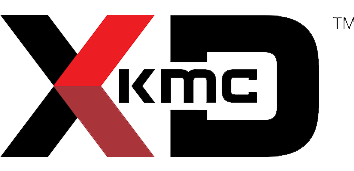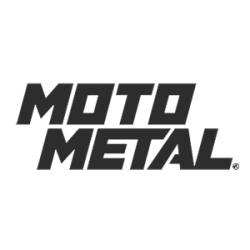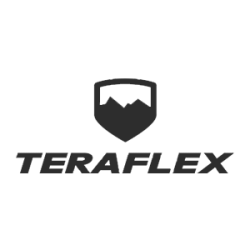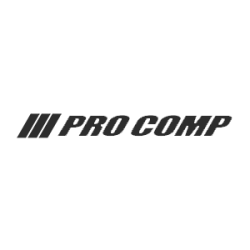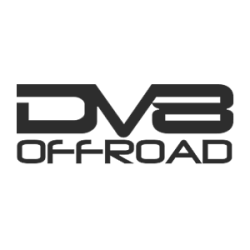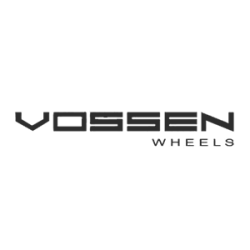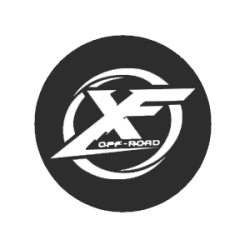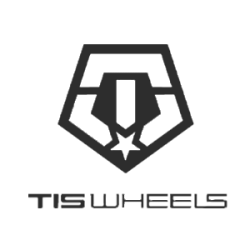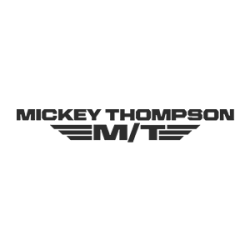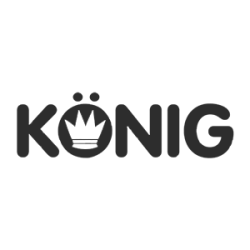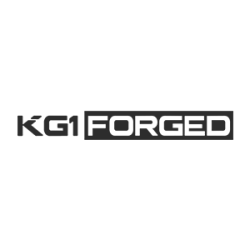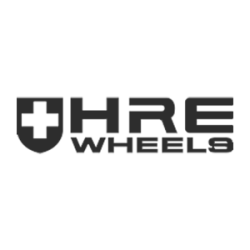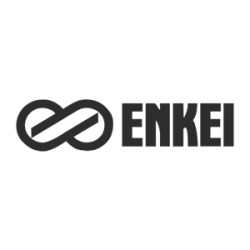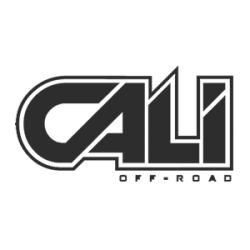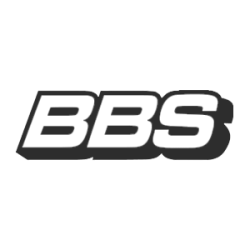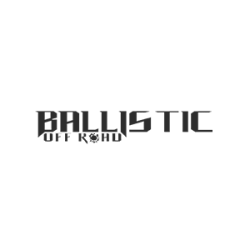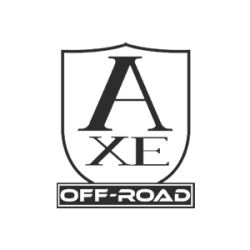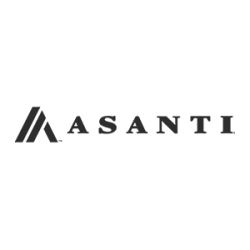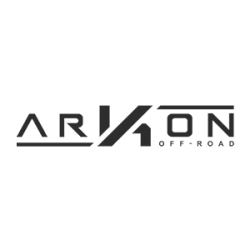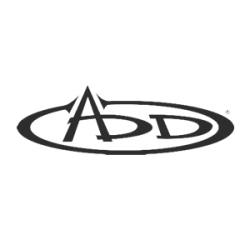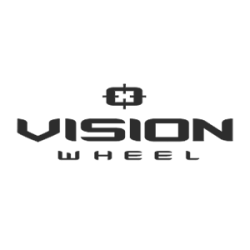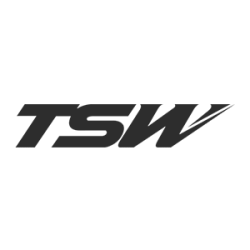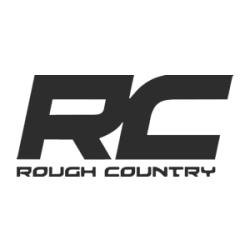Aftermarket Wheels
Enhance your vehicle’s appearance and performance.
Availability on 1000’s wheels.
FAQS
The term “aftermarket wheels” refers to wheels that were not made by the original equipment manufacturer (OEM) of the vehicle. They are aftermarket goods made by independent businesses intended for modifying vehicles. With the variety of looks, sizes, coatings, and materials available in aftermarket wheels, car owners may customize their rides and improve their appearance. In contrast to the factory-installed conventional wheels, these wheels frequently provide distinctive styles, enhanced performance, and personalization choices. Aftermarket wheels are often a worth while investment but in certain scenarios required for the desired off-road performance.
For several reasons, aftermarket wheels can be worthwhile. They provide your car with a distinctive look, personalized to your style. Aftermarket wheels frequently provide better performance through weight reduction and improved handling. When choosing aftermarket wheels, it’s crucial to take quality, fitment, and durability into account. At LRM Customs, we can assist you in finding the ideal set of high-quality aftermarket wheels for your car.
Installing aftermarket wheels typically does not void the entire vehicle warranty. However, it’s important to note that any modifications, including aftermarket wheels, may impact the warranty coverage for specific components affected by the modification. The original equipment manufacturer (OEM) warranty will still apply to non-modified parts of the vehicle. It’s advisable to review your warranty documentation and consult with our team at LRM Customs to understand any potential warranty implications before proceeding with aftermarket wheel installation.
The superiority of OEM (Original Equipment Manufacturer) wheels versus aftermarket wheels depends on various factors. OEM wheels are designed and manufactured specifically for a particular vehicle, ensuring compatibility, precise fitment, and maintaining the original vehicle’s intended performance and safety standards. On the other hand, aftermarket wheels offer a wider range of customization options, styles, and finishes. They can provide improved performance and unique aesthetics, but it’s important to choose reputable aftermarket brands for quality and ensure proper fitment. Ultimately, the choice between OEM and aftermarket wheels depends on individual preferences, budget, and desired outcomes. Our experts at LRM Customs can guide you in selecting the ideal wheels for your vehicle.
Hub-centric rings might be required in specific circumstances for you to use your aftermarket wheels. These rings are used to ensure a tight fit between the center bore of the wheel and the hub of your car. Hub-centric rings contribute to more stable operation, reduced vibration, and even load distribution. Even though some aftermarket wheels have center bores that are the same size as the vehicle’s hub, not all aftermarket wheels need hub-centric rings. We recommend that you contact our experts at LRM Customs to determine whether hub-centric rings are required for your specific aftermarket wheel installation.
Yes, wheel offset makes a significant difference in the fitment and performance of wheels on a vehicle. Wheel offset refers to the distance between the centerline of the wheel and the mounting surface. It determines how far the wheel sits inwards or outwards from the vehicle’s hub. The correct wheel offset ensures proper clearance from suspension components, fenders, and brakes, preventing rubbing or interference. It also affects the vehicle’s handling characteristics and stability. Choosing the right wheel offset is crucial to achieving the desired fitment, appearance, and optimal performance of your vehicle.
